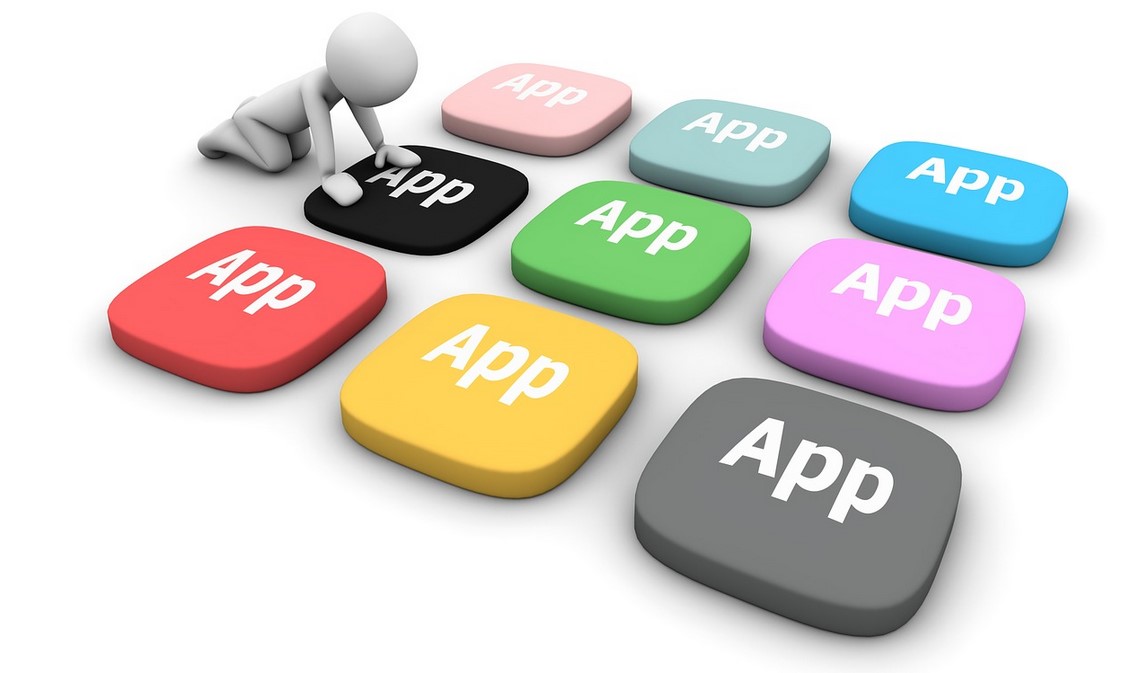 By B.N. Frank
By B.N. Frank
Over the years, experts and researchers have warned about cybersecurity and privacy risks associated with all “smart” devices and technologies (see 1, 2, 3, 4, 5, 6, 7, 8, 9, 10, 11), not just apps. Of course, installing apps does enable more privacy invasion.
From StudyFinds.org:
Smartphone users still don’t understand how app tracking works and what they’re sharing
Consumers have become increasingly fearful of what information they may be unknowingly sharing with apps like TikTok, but it turns out many don’t quite understand the features that give them more control over it all. A new study by a team at the University of Bath’s School of Management, which included 312 participants, reveals that 43 percent of smartphone users are confused or unclear about what app tracking actually means.
Respondents commonly mistook it to mean that it helps to give them a better app experience or that it’s crucial for the app to work. In reality, app tracking is intended to help companies deliver targeted advertising to their users.
“We asked people about their privacy concerns and expected to see people who are concerned about protecting their privacy allowing fewer apps to track their data, but this wasn’t the case,” says Hannah Hutton, postgraduate researcher from the University of Bath’s School of Management. “There were significant misunderstandings about what app tracking means. People commonly believed they needed to allow tracking for the app to function correctly.”
“Some of the confusion is likely to be due to lack of clarity in wording chosen by companies in the tracking prompts, which are easy to misinterpret. For example, when ASOS said ‘We’ll use your data to give you a more personalized ASOS experience and to make our app even more amazing’ it’s probably no surprise that people thought they were opting for additional functionality rather than just more relevant adverts,” Hutton adds in a university release.
Become Bulletproof Online Today With ZERO RISK!
When an iPhone user first opens an app, a pop-up asks whether they want to allow for activity tracking across other apps. The choices are either “Ask App Not to Track” or “Allow,” as per Apple’s App Tracking Transparency framework introduced in April 2021. For Android users, tracking consent can be found in their phone settings. If people choose to opt out of tracking, app and website use on their device won’t be traced by the company anymore, and their data won’t be used or shared for advertising purposes.
Interestingly, 24 percent of participants thought that this meant that their location would be tracked, not that their app and website use would be traced. For delivery apps like Deliveroo, or health and wellness apps, people were often under the impression that location data was necessary for the app to function correctly.
You’d think that since over half of participants (51%) were reporting concern about privacy and safety, that there would be less tracking acceptance. However, this research tells a much different story.
“This research further exposes how most consumers are not aware of how their digital data is being used. Everyday millions of us share information with tech companies and while some of this data is essential for these services to function correctly, other data allows them to generate money from advertising revenue. For example, Meta predicted that they would lose $10 Billion from people rejecting tracking,” explains study co-author David Ellis, a Professor of Behavioral Science.
Based on these findings, the team suggests that companies start to close this gap by adding an explanatory sentence to help users understand why their information is being requested in order to enhance transparency efforts.
“While people are now familiar with the benefits of having PIN numbers and facial recognition to protect our devices, more work needs to be done so people can make transparent decisions about what other data is used for in the digital age,” Ellis concludes.
The findings are published in The ACM CHI Conference on Human Factors in Computing Systems.
You might also be interested in:
- Creepy apps cause emotional damage by invading your privacy, study says
- Smart devices are watching you everywhere and violating your privacy, computer scientists warn
- Playlist privacy issues? It takes just three songs to ID someone, researchers say
Activist Post reports regularly about privacy invasive and unsafe technologies. For more information, visit our archives.
Image: Pixabay
Become a Patron!
Or support us at SubscribeStar
Donate cryptocurrency HERE
Subscribe to Activist Post for truth, peace, and freedom news. Follow us on SoMee, Telegram, HIVE, Flote, Minds, MeWe, Twitter, Gab, What Really Happened and GETTR.
Provide, Protect and Profit from what’s coming! Get a free issue of Counter Markets today.

Be the first to comment on "Got Apps? High Percentage of Smartphone Users Don’t Completely Understand Their Privacy Risks (Study)"